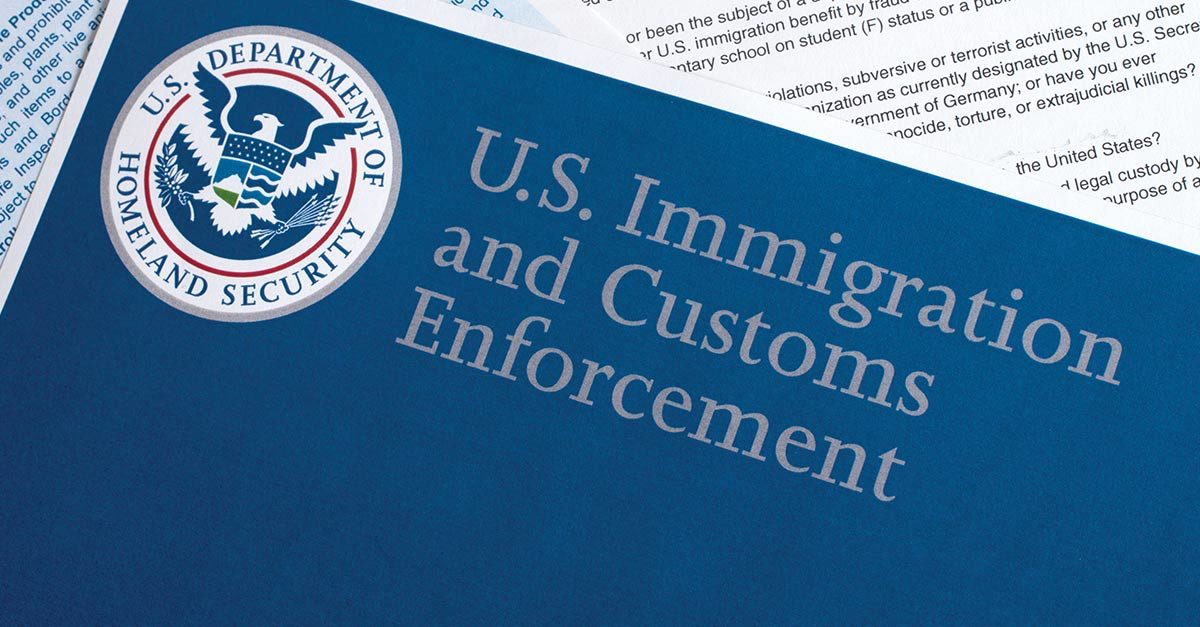To avoid violations in the case of an audit, establish a proper corporate compliance policy with respect to immigration laws and follow the suggestions below:
- Check that all I-9 forms are correctly completed and stored for all employees, including U.S. citizens, green card holders, and nonimmigrants.
- Conduct self-audits regularly to be sure I-9 records are complete and accurate.
- Develop and adhere to internal immigration policies and procedures that do not violate anti-discrimination rules. Make immigration compliance a priority, and ensure the organization follows proper employment practices, protecting employers from hiring individuals without employment authorization.
- Designate a human resources personnel member to be responsible for I-9 processes and procedures, including completion of the forms and record-keeping requirements.
- I-9 records must be kept on file for three years after hiring, or one year after the employee leaves your company, whichever is later. This form is not filed with the government, but must be readily available for government inspection. It is permissible and might be helpful to store the forms electronically.
- Institute a tickling/tracking system that tracks dates of employment, authorization expiration, and helps with accurate I-9 data entry and data error interception.
- New employees who work off site must follow the same verification procedures – their I-9 compliance documentation must be reviewed in person by an authorized official.
- Prepare employees on what to do in the event of an audit or a raid.
For more information on this topic, read “I-9 Compliance: Best Practices for Managing Warrants, Raids, and Penalties.”
The information contained in this article is for general educational purposes only. This information does not constitute legal advice, and should not be relied upon as legal advice for specific factual patterns or situations.
Posted On December 11, 2018




